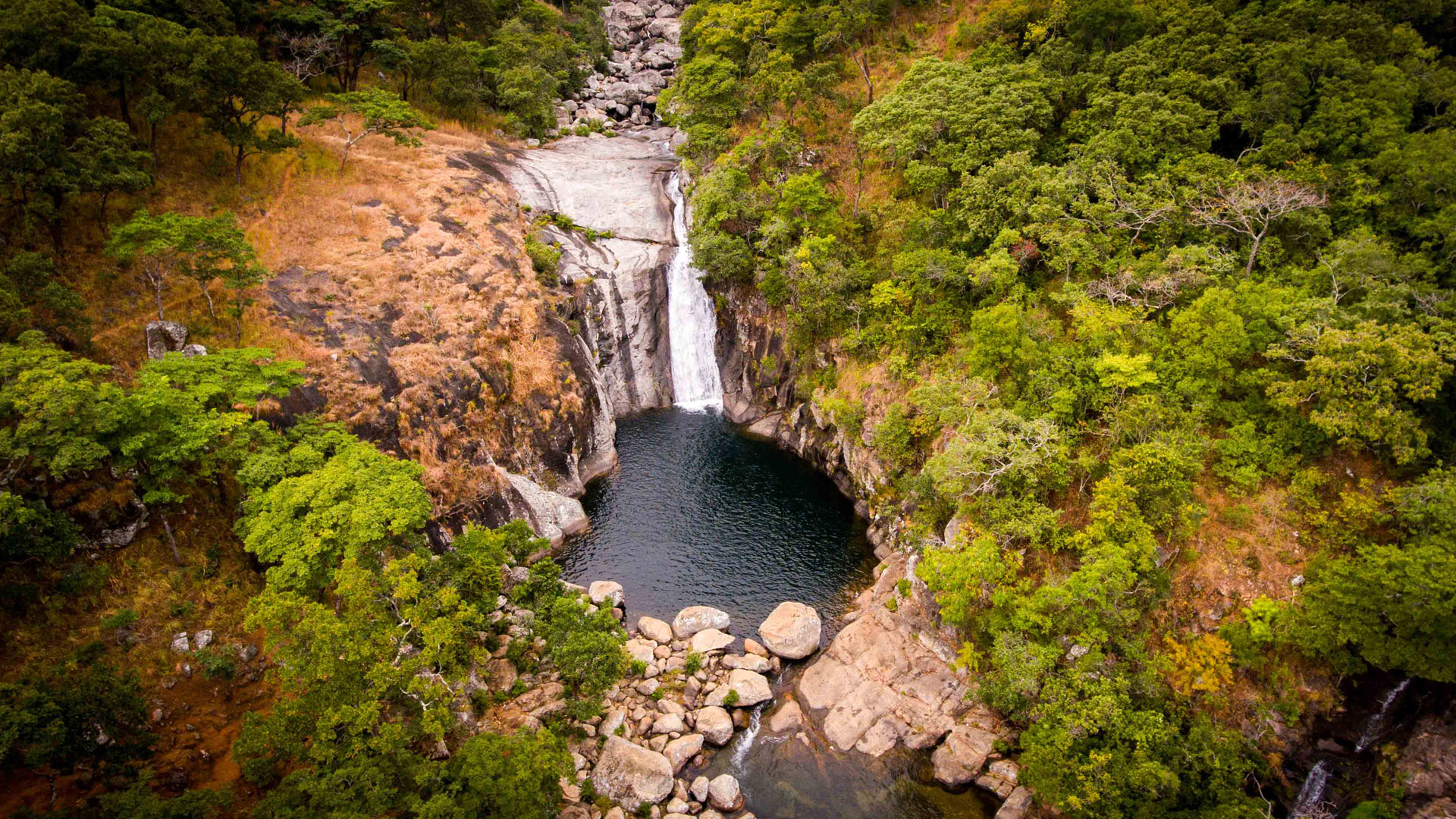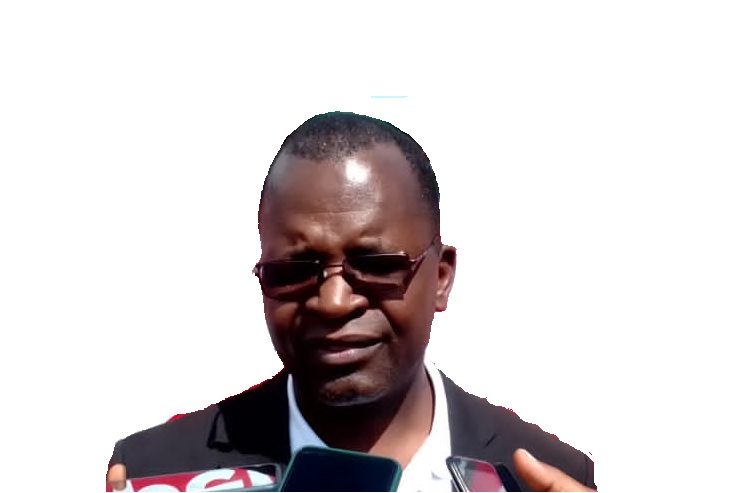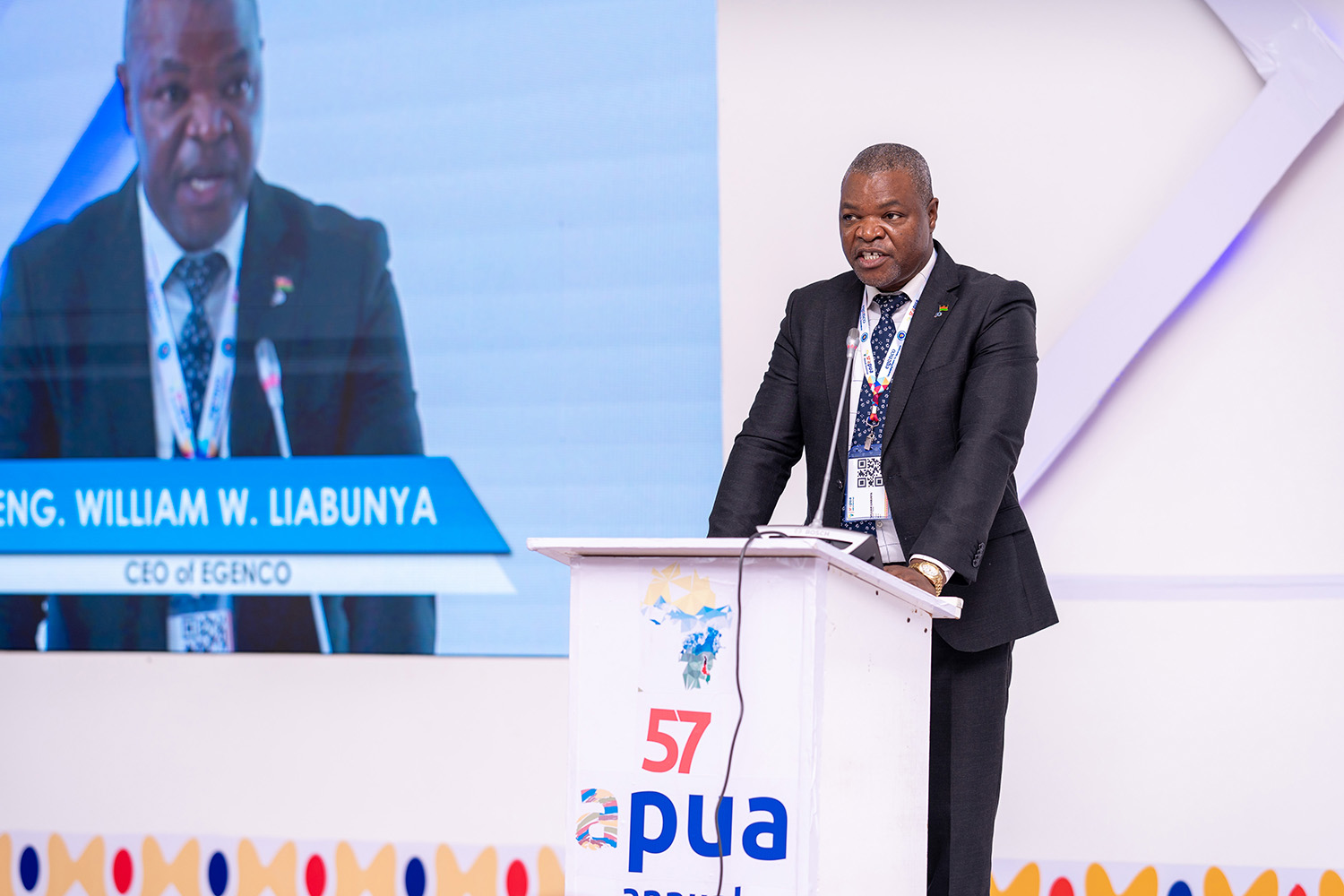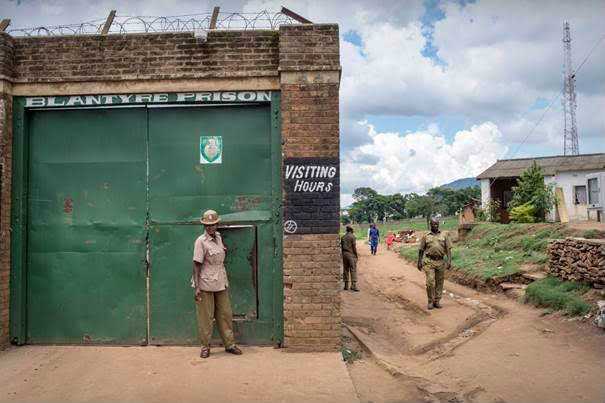BY GREGORY GONDWE
In the
midst of growing concerns surrounding proposed bauxite mining on Mulanje
Mountain, the Malawi Mining Regulatory Authority (MMRA) has come forward to
clarify its role in regulating Akatswiri Minerals’ activities. Responding to a
detailed questionnaire from the Platform for Investigative Journalism (PIJ),
MMRA emphasized that no mining license has yet been issued to Akatswiri
Minerals and reaffirmed its commitment to ensuring that all legal processes are
followed before any mining activity can commence.
Licensing
and Compliance
The issue
of Akatswiri Minerals’ licensing has been a key point of contention, with
accusations that the company began exploratory work on the mountain without the
required permissions. However, the MMRA maintains that Akatswiri Minerals has
not been granted a mining license yet, as the company has not fulfilled the
necessary environmental requirements.
“Akatswiri Mineral Resources applied for a mining license, and their application was evaluated by the Mineral Resources Committee,” MMRA Director Samuel Sakhuta stated in a written response. “The committee recommended the grant of the license, subject to the submission of environmental clearance through an approved Environmental and Social Impact Assessment (ESIA).”
While
exploratory activities have been reported, MMRA made it clear that Akatswiri
has not commenced any mining operations and that no license will be issued
until all conditions, including the ESIA, are fully satisfied.
Monitoring
and Oversight
Given
Mulanje Mountain’s status as a UNESCO Biosphere Reserve, concerns have been
raised about how mining operations might impact the fragile ecosystem. Sakhuta underscored
that it works closely with the Malawi Environmental Protection Authority (MEPA)
to ensure environmental compliance in sensitive areas.
“We do not
issue a license before an applicant submits an approved ESIA,” the MMRA
affirmed. “MEPA is responsible for monitoring environmental compliance, while
MMRA monitors compliance with the terms and conditions of mining licenses
through regular inspections.”
Sakhuta
also noted that its regulatory framework, including the Mines and Minerals Act
of 2019 and its 2023 revision, guides all mining activities in Malawi,
including in protected areas like Mulanje Mountain. The Act provides for
stakeholder consultations, which are a key part of the compliance monitoring
process.
Community
Engagement and Impact
One of the
major grievances from the Mulanje community has been the lack of public
consultation regarding Akatswiri Minerals’ project. The community fears the
environmental impact of bauxite mining, especially in relation to water
contamination and the disruption of local livelihoods.
In its
response, MMRA acknowledged the importance of community engagement and
committed to ensuring that consultations with all stakeholders, including local
communities, are conducted before any mining activities begin.
“Each
company is required to take note of all structures in the community, such as
the District Commissioner, local leaders, and civil societies,” Sakhuta said.
“When Akatswiri reaches the stage to start mining, MMRA will advise them on
what they will need to do to ensure that all stakeholders are adequately
consulted.”
Despite
this, the regulatory body stated that, as of now, it has not received any
formal complaints or concerns from the Mulanje community. However, MMRA assured
that it is ready to facilitate dialogue between Akatswiri Minerals, the
community, and other stakeholders to address any concerns about environmental
risks, health hazards, and water contamination.
Environmental
Protection and Sustainable Development
In terms of
environmental safeguards, the MMRA Director reiterated that any future mining
on Mulanje Mountain would be subject to strict environmental management and
monitoring plans as outlined in the ESIA.
“The ESIA
study addresses environmental impacts and provides a plan for management and
monitoring to ensure the project is sustainably implemented,” he explained.
Additionally, he stated that Akatswiri Minerals will be required to submit a
detailed mine closure and rehabilitation plan, which will be assessed before
the start of any mining activities.
MMRA also
emphasized that it adheres to international standards and best practices for
environmental protection, especially in areas as ecologically significant as
Mulanje Mountain. The body has committed to ensuring that the long-term
environmental impact of mining activities will be mitigated through proper
planning and ongoing regulatory oversight.
Transparency
and Accountability
As public
scrutiny around the Mulanje mining project intensifies, questions have arisen
about the transparency of MMRA’s decision-making processes. Sakhuta responded
by highlighting its multi-step process for approving mining licenses, which
involves input from various governmental bodies and committees, including MEPA
and the Mineral Resources Committee.
“The
decision to approve a mining license is made by the board, not by an
individual,” Sakhuta clarified. “Licensing is never conducted in a hidden
manner, and we ensure transparency by sharing license information with the
relevant District Commissioners for public awareness.”
The
Authority also pointed out that it has implemented a public cadastre system,
which allows the public to access information about all licensed mining
activities in Malawi. The MMRA Commissioner reiterated the Authority’s
commitment to maintaining transparency and making project-related information
accessible to the public, including posting updates on its website.
Political
Influence and Conflict of Interest
One of the
more controversial aspects of the Mulanje Mountain mining issue is the alleged
involvement of politically connected individuals, particularly Nick Chakwera,
the son of President Lazarus Chakwera. MMRA responded firmly, stating that it
operates as a non-partisan regulatory body.
“There is
always a separation of power, and MMRA is a non-partisan institution
established by an act of parliament,” Sakhuta stated. He further dismissed
concerns about political interference in the Mulanje mining project, asserting
that its role is to regulate the mining sector in accordance with the law,
regardless of political affiliations.
MMRA did
not directly address the allegations against Chakwera but emphasized that no
individual or political figure has the authority to bypass the country’s legal
and regulatory frameworks for personal gain.
Looking
Forward
As the
debate over the future of Mulanje Mountain’s natural resources continues, MMRA
reiterated its commitment to ensuring that any development on the mountain
aligns with national environmental and mining laws. Sakhuta also indicated
plans to further engage with local communities and stakeholders to ensure that
mining activities, if approved, are conducted in a way that benefits the
country while protecting the environment.
“MMRA is
sourcing financial resources to conduct public sensitization campaigns across
districts where mining projects are taking place,” the Director noted. “Our
goal is to help people understand how mining can contribute to economic
development while observing best environmental management practices.”
Editor's
Note: The
Platform for Investigative Journalism will continue to monitor developments in
the Mulanje Mountain mining project and provide updates as more information
becomes available.




.jpeg)




